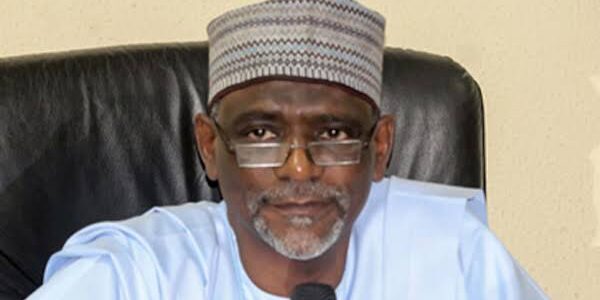
Unless the Nigerian budget is increased from its present 7% to 20% with clear accountabilities on delivery, the country is unlikely to achieve the global agenda for universal inclusive and equitable basic education for all school-age children by 2030.
The United Nations (UN) gave the warning following the official launch of the Reports of Independent Evaluation of Sustainable Development Goals-3 (SDG-4) and SDG-4 by Vice President Yemi Osinbajo on Thursday.

Speaking during the event at the Presidential Villa, Abuja, the UN Resident and Humanitarian Coordinator in Nigeria, Mathias Schmale, who gave this position, observed that Nigeria is the first country to undertake and deliver independent comprehensive evaluations of SDG-3 and SDG-4.

He noted that the reports indicate how quickly the government has established robust institutional monitoring and support frameworks at the national and sub-national levels to support effective implementation of the SDGs across the whole country.
The UN representative stated: “While the findings of these evaluations show some improving health and education outcomes in Nigeria, the reports also contain some worrying analysis.
“In relation to SDG-4 on quality education, it is, for example, concerning to note that Nigeria is unlikely to achieve the global agenda for universal inclusive and equitable basic education for all school-age children by 2030 if the current very low public investment in the education sector remains the same.
“The evaluation indicates that the right policies (especially around free basic education and gender) are in place but an increase in quality and access to education is critical.
“In the 2022 budget, there was an increase to 7% on education but the evaluation says it will need to increase to 20% with clear accountabilities on delivery.
“Similarly, government resources for health financing are inadequate for the achievement of SDG-3 targets related to good health and well-being.
“It is good to see that the recommendation of revitalizing Primary Health Care has already started and its effectiveness will be enhanced with a clear plan and accountability on human resources and financing at the state level.
“Business as usual is not sufficient. In support of government, we are keen to identify truly transformative initiatives that will catalyze tangible change in the lives and livelihoods of the Nigerian people. This new data will help determine which health and education programmes are really moving the needle. We can then look to expand, renew, and replicate them.
“We must collectively push forward with education and health sector specific transformative initiatives such as prioritising and revitalising basic Primary Health Care and improving the quality of teachers and learning in and out of classrooms.”
While lauding the efforts of Princess Adejoke Orelope-Adefulire, Senior Special Assistant to the President on SDGs, Schmale noted that the two reports point to the importance of significantly increasing public spending on both health and education services.
He added: “This cannot happen without finding ways to promote sustainable economic growth, increasing domestic resource mobilisation and making some tough choices on public spending.
Credit: Nigerian Tribune
